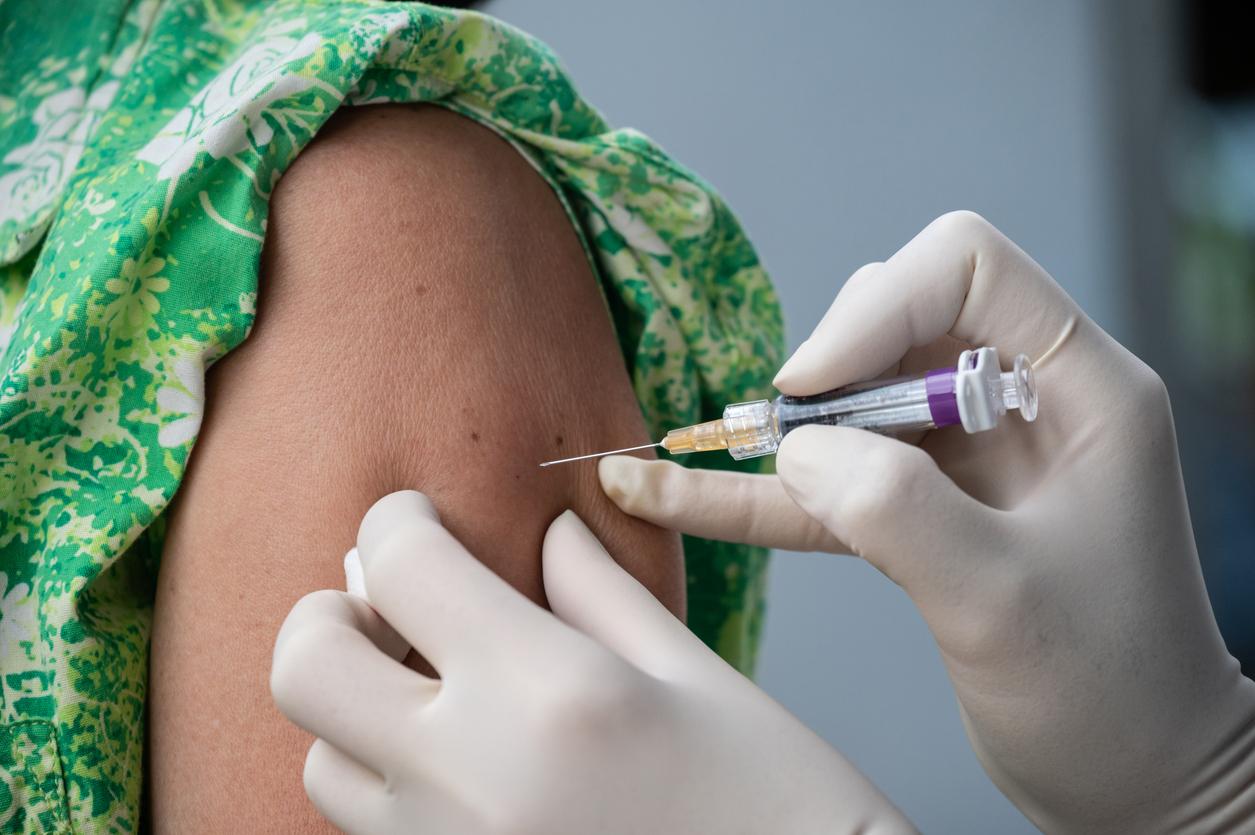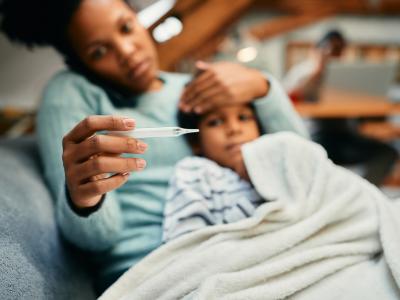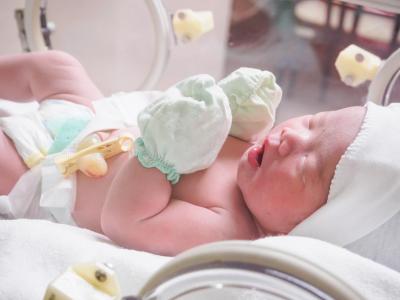The Food and Drug Administration (FDA) vaccine advisory group today recommended sticking with a monovalent JN.1 lineage vaccine for COVID vaccines for the upcoming US respiratory virus season, though the experts didn't recommend a specific sublineage.
The Vaccines and Related Biological Products Advisory Committee (VRBPAC) meeting was its fourth to discuss COVID composition and its first since December 2024. With the administration change, the group was slated to meet in February to recommend strains to include in flu vaccines for the US market for the 2025-26 fall and winter. Instead, an interagency FDA group met in a nonpublic meeting, then announced the strain selections on March 13.
At today's meeting, VRBPAC members heard from federal health officials on vaccine performance and COVID circulation, which included their analysis of the current variant landscape. They also heard from the head of the World Health Organization (WHO) COVID vaccine composition group and from scientists at the three vaccine companies, who gave an early look at nonclinical data on how well current or updated vaccine strains might perform against the latest circulating variants.
The vote by nine of the group's members who participated in today's meeting was unanimous.
VRBPAC's recommendation is similar to two recent recommendations from global groups. On May 15, the WHO COVID-19 vaccine composition committee said current JN.1 and KP.2 vaccines are still appropriate, but a LP.8.1 is a suitable alternative. On May 17, the European Medicines Agency preferentially recommended that updated vaccines target the LP.8.1 variant, though vaccines targeting JN.1 and KP.2 could still be used until vaccines containing the LP.8.1 antigen are available.
Experts weighed uncertainties over newer variants
Some VRBPAC members leaned toward recommending the newer LP.8.1 subvariant as a vaccine strain, based on nonclinical data from vaccine companies, which found somewhat more robust neutralization against other newer strains, such as NB.1.8.1, which is driving new waves in some Asian locations, including Hong Kong.
Arnold Monto, MD, who codirects the Center for Respiratory Virus Research and Response at the University of Michigan School of Public Health, led today's meeting and remarked that the group faced a similar situation last spring when it recommended the JN.1 strain, while eyeing the possibility of picking one of its newer offshoots. In making its final recommendation, the FDA settled on the more specific KP.2 recommendation.
Concerns over impact of new FDA framework
Today's meeting was held 2 days after two top FDA officials announced a new framework for COVID vaccines, signaling that it would recommend them only for people ages 65 and older and others at risk for severe illness. Currently, the Centers for Disease Control and Prevention (CDC) has a universal vaccine recommendation, which applies to anyone ages 6 months and older.
Typically, the FDA and CDC advisory groups work in tandem as they sift through evidence in recommending changes to vaccine policy, but this week's announcement added major uncertainty to the process.
In opening up today’s meeting, Vinay Prasad, MD, MPH, director of the FDA's Center for Biologics Evaluation and Research (CBER) said VRBPAC's goal is to be more transparent about its vaccine decisions and to reach people with information in all the different ways they consume information, including live-stream presentations and podcasts.
Regarding the new framework, he said FDA officials want to give people more time to digest the information, and he invited VRBPAC members to contact him to engage with the process.
Would a strain shift have meant delays?
During the discussions, VRBPAC members asked if switching to a new COVID vaccine strain might introduce delays into bringing updated products to the market in time for fall, given stipulations suggested by the new FDA framework that new vaccine versions may require a new round of clinical trials.
The experts were also concerned about possible manufacturing delays if VRBPAC recommended a more specific JN.1 strain. A representative from Novavax, however, said the company could deliver doses by fall, irrespective of the pick.
David Kaslow, MD, who directs the office of vaccines research and review at CBER, said the goal is not to impede timely vaccine delivery, and he acknowledged that there is great interest in the implementation of the new framework, which he said might be a topic for a future VRBPAC meeting.
In wrapping up today's meeting, Kaslow said each of the four COVID vaccine strain selection meetings have included unique complexities, "and this one is no exception." Kaslow said as the next step, the FDA will weigh in with a final strain recommendation, based on what it learned during today's session.






















